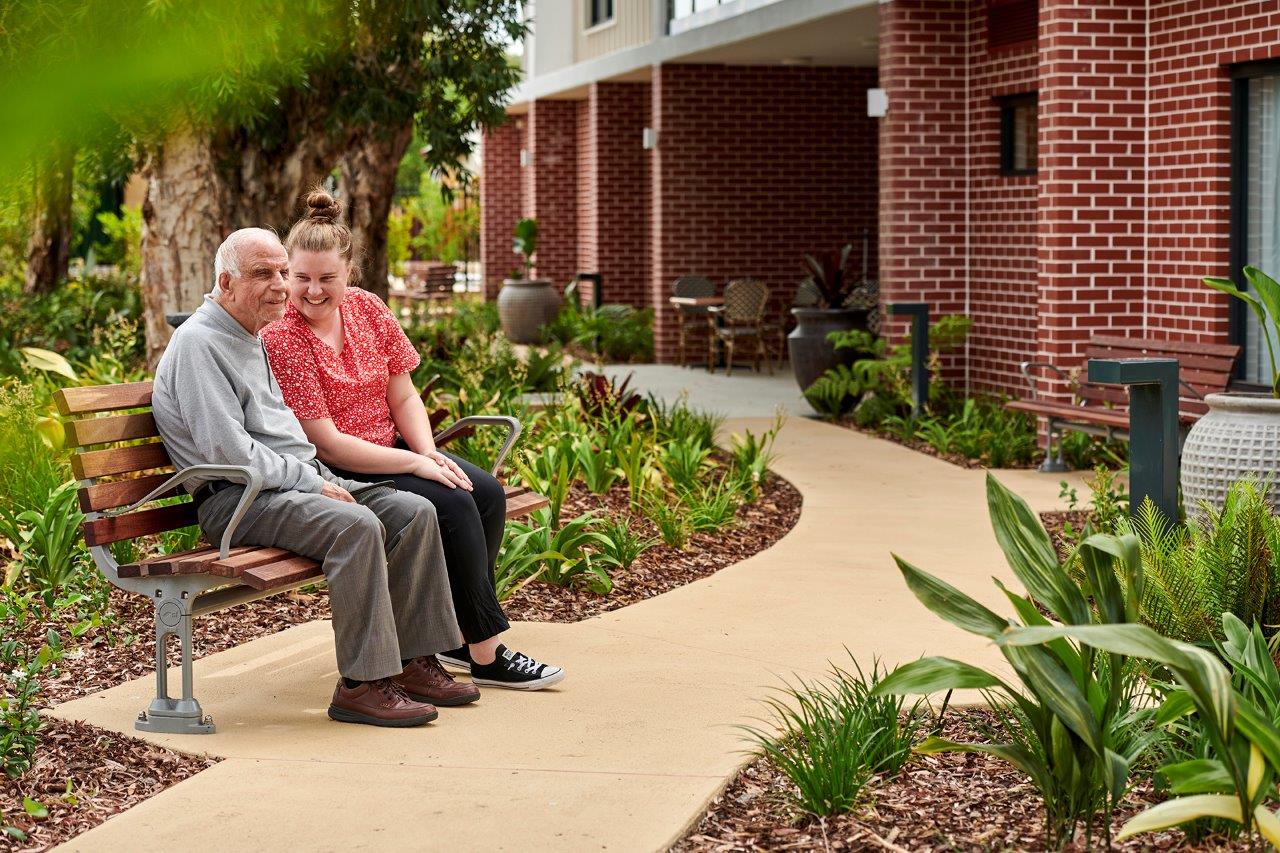FAQs
What are some common changes in daily life that might mean someone needs help at home?
Things like difficulty with dressing, cooking, cleaning, or maintaining personal grooming can be indicators that extra help is needed.
What should I do if my loved one is withdrawing from social activities?
If someone starts declining invitations or shows less interest in social connections, it could be due to difficulty managing independently. A gentle conversation and support can help.
What support options are available through Catholic Homes?
We offer a range of services including:
Home Care Packages – tailored support in your own home
Independent Living Villages – a more manageable lifestyle
Residential Aged Care – for round-the-clock support
Community Programs – for social connection and wellbeing
What if my loved one needs care around the clock?
Our residential homes offer 24/7 support in a warm, welcoming community. Every resident is treated with respect, compassion, and dignity.
How do I choose the right care option?
Think about current and future needs, location, cultural preferences, and lifestyle. Our team can help guide you through this process to find the best fit.
I’m feeling overwhelmed. Can someone help me through this process?
Absolutely. Catholic Homes is here to support you every step of the way. Whether you’re just starting to explore options or ready to make a decision, we’re always here for a chat.
How do I know if it's time to consider extra care for myself or a loved one?
Some signs include struggling with daily tasks, changes in personal hygiene or home cleanliness, increased forgetfulness, frequent reliance on others for help, and withdrawal from social activities. These can all indicate it's time to consider support.
Is occasional forgetfulness a concern?
We all forget things from time to time, but if confusion or poor decision-making becomes more frequent, it’s best to speak with a GP. Early intervention can make a big difference.
How do I start a conversation with a loved one about care needs?
Choose a quiet, relaxed moment and approach the topic with love and empathy. Focus on how to make life easier, not on what's going wrong. Be a good listener and allow them to share their thoughts.
What are Home Care Packages and how do they work?
Home Care Packages provide flexible, government-subsidised support tailored to your needs. This can include personal care, help with chores, nursing services, and more – all delivered in the comfort of your own home.
Are there options for staying socially connected?
Yes. Our community programs offer group activities, outings, and opportunities to make new friends – because staying socially active is vital for emotional wellbeing.
How much does aged care cost, and what financial support is available?
Costs vary based on services, but there are government support options available. We’ll help you understand MyAgedCare and explain your entitlements clearly.
